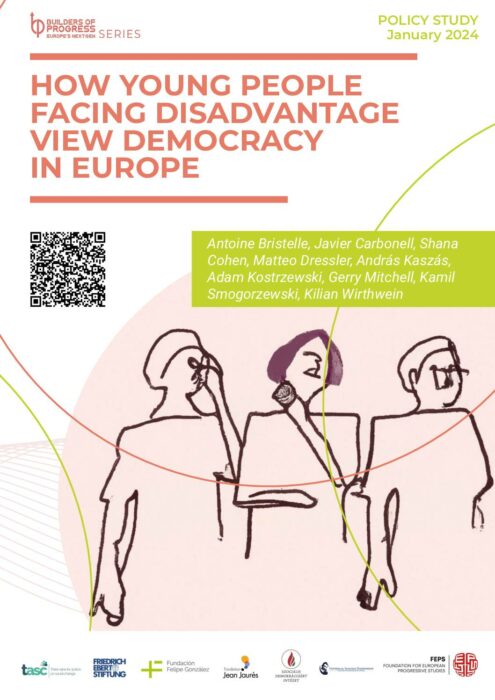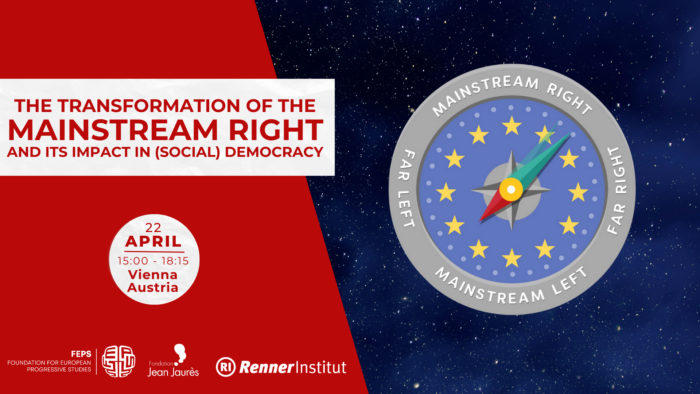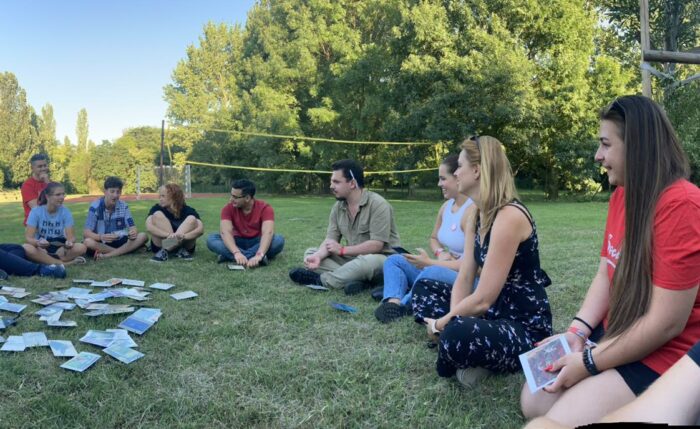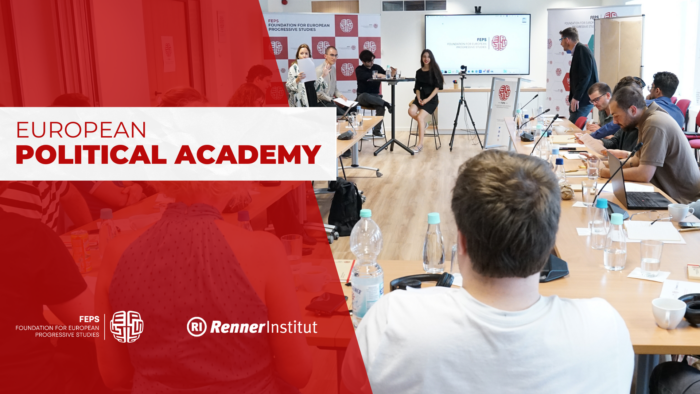Find all related publications
Publications
Find all related events
Events
Find all related news
News
Find all related in the media
In the media












